
OR
#ACSeries (After Corona Series)
A new social contract in the making? As existing social contract crumbles, people are panicked and restless
Published On: June 8, 2020 11:58 AM NPT By: SHREE RAM SUBEDI
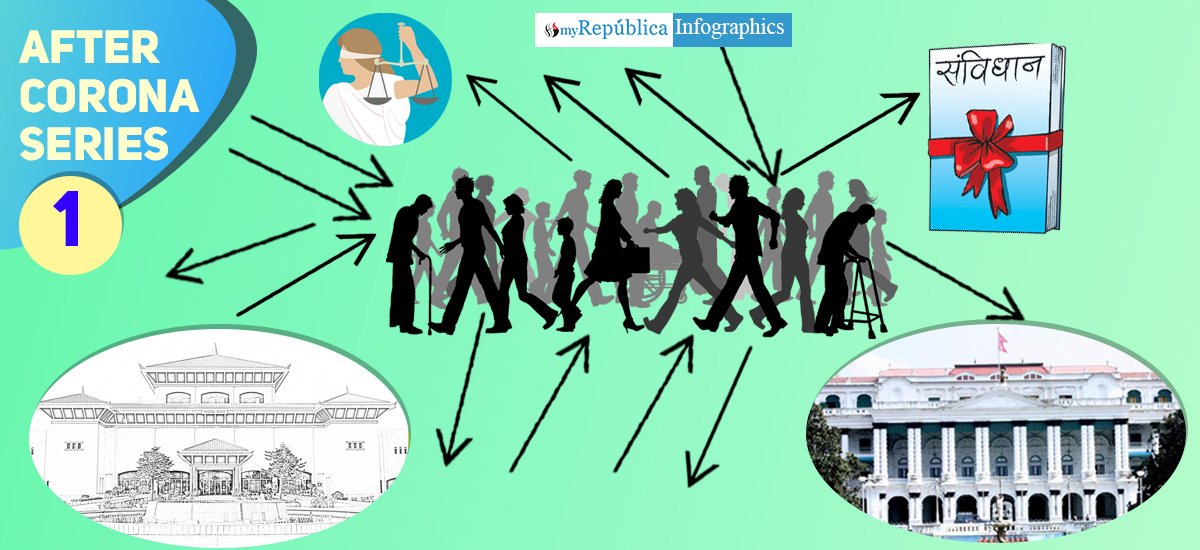
KATHMANDU, June 8: As the coronavirus crisis prolongs with devastating impact on the economy and social lives, the existing social contract is all set to crumble, and the increased uncertainty is fueling panic and unrest among citizens, who are struggling to cope with the 'new normal'. Israeli Professor Yuval Noah Harari in a recent interview with DW, a leading German media outlet, said that “this crisis is causing tremendous changes in the job market. People work from home. People work online. If we are not careful, it could result in the collapse of organized labor, at least in some sectors of industry. But it's not inevitable. It's a political decision”.
The recent spike in coronavirus cases--few hundreds every day--- means the crisis is getting deeper with public health officials uncertain about its likely end in the horizon anytime soon. With the increase of death and infected cases, the government is criticized for its poor response to the pandemic--in terms of health system preparedness, crisis management including the quarantine facilities and smart exit strategy from a prolonged lockdown. The credibility and trust of the government is at its lowest point. Everything is at the cusp of big changes. A recent study, commissioned by UNDP Nepal, found that three in every five employees have lost their jobs in Nepal.
"In the context of COVID-19, the social contract between the state and its population is eroding further," says Chaitanya Mishra, a retired professor of Sociology at Tribhuvan University. He argued the weak and uneven government response could further undermine the social compact and trust.
The pandemic has spurred 'ethnocentrism' and a feeling of nationalism as masses of people are returning home from India and elsewhere, reasoned Professor Mishra. “They are returning to their birthplace, their relatives and own cultural settings.”
“The rule of the game--be it a marriage ceremony, social gatherings or death rituals-- is already witnessing a change and it would continue in the days to come unless a vaccine for the virus is available,” argued Mishra.

Experts warn that, with the unabated coronavirus spread, it is very unlikely that the economy will just return to 'normal' without special revival measures. From day one, Nepal's lockdown came at a huge cost, as many of the Nepalis live on a daily wage or close to it. The lockdown has disrupted the food supply chains, cost millions of their livelihood, and throttled every type of business. With the economy at its peril, the government has forecast the economic growth of 2.3 percent for the current fiscal year 2019/20.
An ILO study has estimated that pandemic has endangered nearly two million people's jobs in Nepal. The worst-hit is the tourism industry, which employs nearly six hundred thousand people directly.
Even without a pandemic, food insecurity is a pressing issue in Nepal. A total of 4.6 million people are still food-insecure in Nepal, according to the Nepal Demographic and Health Survey of 2016. Of the total food-insecure households, 20 percent of households are mildly food insecure, 22 percent moderately food insecure, and 10 percent severely food insecure. The survey says that households in rural areas, where food prices tend to be higher, are more likely to be food insecure than people in urban areas.
Around 62 percent of the workers in Nepal are employed in the informal sector, with little recourse to social insurance. The WFP Nepal office, in its first food security report published in April, has said, "If the present trends continue, the food insecurity is expected to increase among, households engaged in informal labour, precarious labour, service sector and daily wage work, as well as households with return migrants and income losses."
Thousands of migrant returnees are pouring into the Far-West and Karnali provinces every day from India. The high mountain areas of these two provinces are among the highly food-insecure regions in the country, with the prevalence of a high poverty rate. The region needs special attention to avoid spreading of the virus and revive the already weak economic outlook.
"The government response is inadequate to address the unprecedented crisis," says Milan Panday, Chairperson of Bibeksheel Party."There is a disconnect between the public's expectations and the authorities' assurance."
With the pandemic taking its toll on the traditional norms of the society, the well-being of the people, and state-citizen relation, a new social contract is on the making, argue experts. “The coronavirus is here to stay for a long time to come”, said Dr. Binod Pokharel, a professor of Anthropology at Tribhuvan University.
“With the nearly three month-long lockdown, people are saying that they can live without friends, they are becoming more individualistic and suspicious of others,” Pokharel adds. "These changes in behavior are likely to remain so for a while."
As a part of the 'New Social Contract", social media is abuzz with recommendations to cut the administrative cost of the government. Netizens are suggesting that the government cut province-level structure, reduce cabinet numbers, and parliament members elected from the proportionate system, a provision of 'no work no pay' for cabinet members and parliamentarians, reduce the facility and expenses for parliament members, ministers, prime minister, president, and vice-president. They are also demanding cuts in the facilities of the former VIPs, reduce the number of constitutional bodies and scratch the constituency development fund for the parliamentarians, among others.
"With the government's shrinking fiscal space, it is natural that the government take drastic measures to reduce unnecessary costs," said Milan Pandey.
"The government can consider the three-month lockdown period as zero-hour so that businesses and private sectors don't feel a burden to pay the taxes to the government, Pandey argued. "There should be a balance in between lives and livelihood as corona poses a threat to both."
Economist Dr. Biswo Poudel said that the pandemic has impacted the social contract relating to business security, employment assurances, and security needs. "With old social contracts crumbled, a new social contract naturally is in the making,” he said.
"In the context of 'new normal', the old laws may not work," argued Jagannatha Lamichhanne, a mental health activist and entrepreneur. "For collective survival, the existing laws relating to business, education, health, and other everyday transactions need to be revised."
An anthropologist from Tribhuvan University, Dr. Janak Rai highlights the need to carry out a critical review of the existing social contract before moving ahead with the new one. "An assessment on what worked well and what did not help us while formulating a new social contract, he said. "The focus should be on shifting power from the center to the local," Rai said, evidently referring to the active role played by the local government to contain the spread of the coronavirus.
Extended lockdown, Dr. Rai said, was not meant for containing the virus, but to cover up the lack of accountability, capability and poor performance of the government. "Irrespective of who goes in power, the state has largely alienated the common people and it is evident in the context of managing the COVID-19 crisis."
With the ease of lockdown, which is expected to happen soon in a phase-wise manner, public life would demand extra efforts to control the spread of coronavirus. For the office, school, restaurants and hotels, new rules on seating, new cleaning procedures, hand sanitizer everywhere would be basic components of the new normal. Also, the challenges lie ahead to manage the crowd in public transport, joint family homes, slums, crowded markets, and busy streets, temples, mosques, weddings, or the religious processions, where more is always merrier.
However, experts argue that behavioral changes are already happening in Nepali society. “A lot of changes in our behavior is already happening as people are reluctant to meet strangers, organize family and social gatherings for the fear of virus transmission," added Prof. Pokharel.
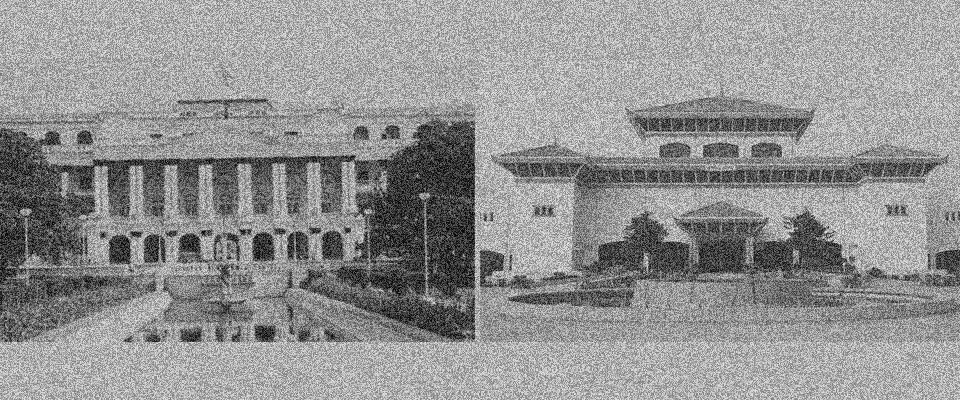
For contact tracing and tracking, governments around the world, including in Nepal (to a lesser extent), are using a mobile app to prevent and control the coronavirus. With the use of smartphones, these apps largely focus on facilitating the process of 'contact tracing', which involves working backward from infected cases to identify people who may have been exposed to the disease, so that they can be isolated, tested and treated. Countries like Singapore, South Korea, India, and Israel have embraced mobile apps to facilitate contact tracing of the coronavirus cases, and the idea is gaining traction everywhere.
However, with extra surveillance on citizens in the name of controlling coronavirus, the issue of privacy will be an important issue in the new social contract. “Governments tend to be autocratic, by maintaining surveillance of its citizens as the pandemic prolongs,” cautions Prof. Pokharel.
Experts and political leaders agree that the social contract was already crumbling in the world, especially after capitalization, globalization and neoliberalism. “The social contract ended many years ago,” Pradip Giri argued, senior Nepali Congress leader. “What is ruling the world is individualism and greed for money.” He blames capitalism for the loss of human sensibility. “In the evolutionary process, humans excel other animals due to shared dreams and actions and collective efforts, however the capitalism of the last 300 years has destroyed our sensibilities.” Giri said, adding “The corona pandemic is reinforcing a need for a just and equitable society where human sensibility will prevail.”
Editor’s Note: Republica will run a series of stories in the coming days and weeks on economy, society and culture in the aftermath of the COVID-19 pandemic. We are calling this the AC Series (after corona series). We will bring you the perspectives of the people thinking of the post-corona world. If you have interesting ideas, we would love to hear from you at op-ed@myrepublica.com.
You May Like This
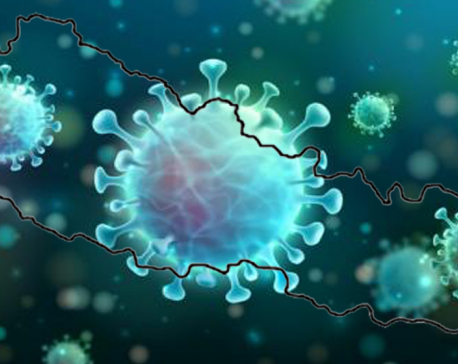
660 new COVID-19 cases, one death recorded in Nepal in the past 24 hours
KATHMANDU, August 6: Nepal recorded 660 new cases of COVID-19 along with 444 recoveries and one death from the virus... Read More...
_20220205164214.jpg)
Students of 12-17 age group receiving vaccination against COVID-19 (With Photos)
KATHMANDU, Feb 5: School students from 12 to 17 years old age group receiving vaccine against COVID-19 at Saraswati secondary... Read More...
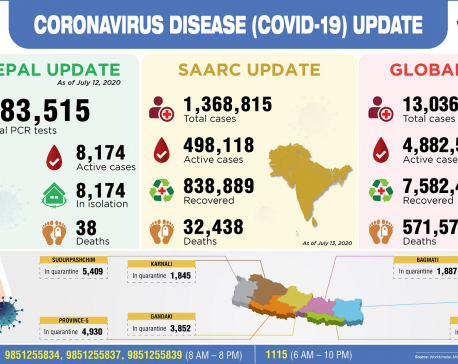
Infographics: COVID-19 & Nepal
Infographics: COVID-19 & Nepal ... Read More...




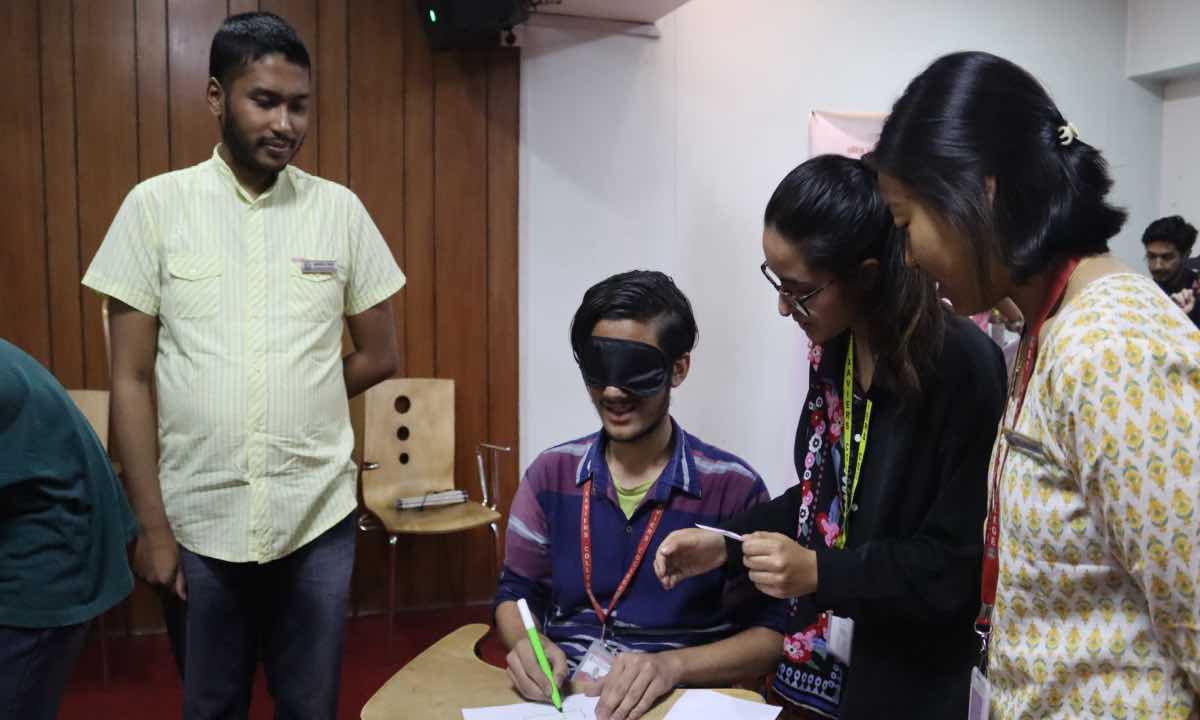

Just In
- Forest fire destroys 13 houses in Khotang
- First meeting of Nepal-China aid projects concludes
- Lungeli appointed as Minister for Labor and Transport in Madhesh province govt
- Bus knocks down a pilgrim to death in Chitwan
- One killed in tractor-hit
- Karnali Chief Minister Kandel to seek vote of confidence today
- Chain for Change organizes ‘Project Wings to Dreams’ orientation event for inclusive education
- Gold price decreases by Rs 200 per tola today










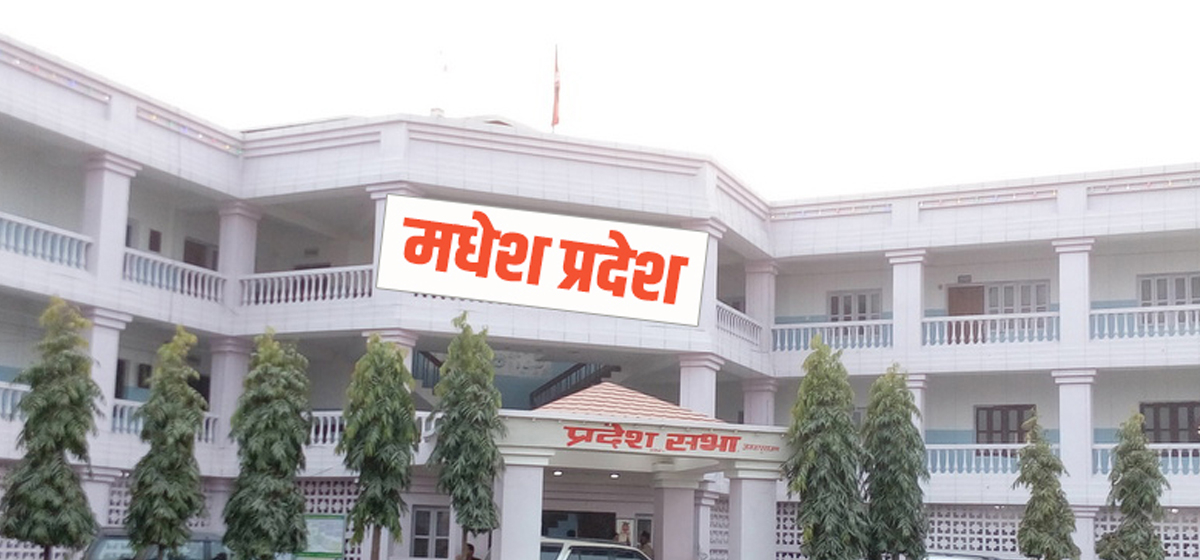


Leave A Comment